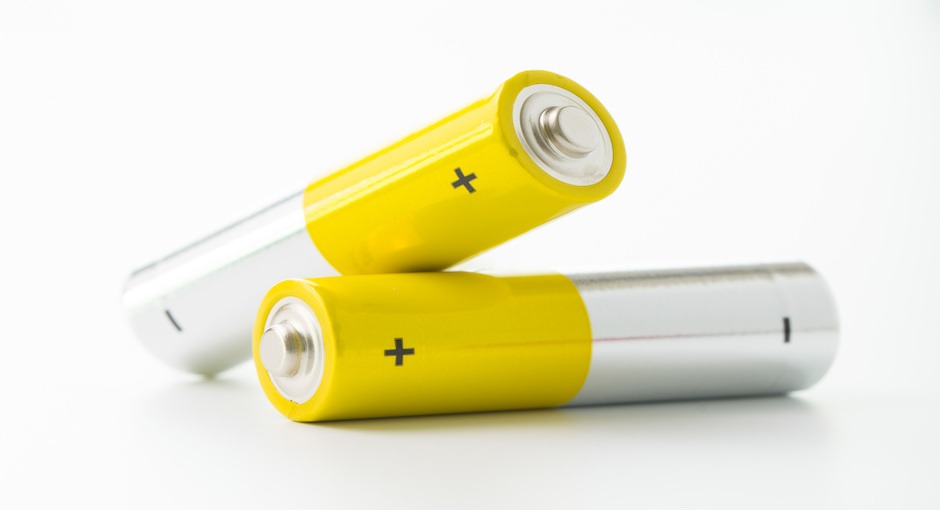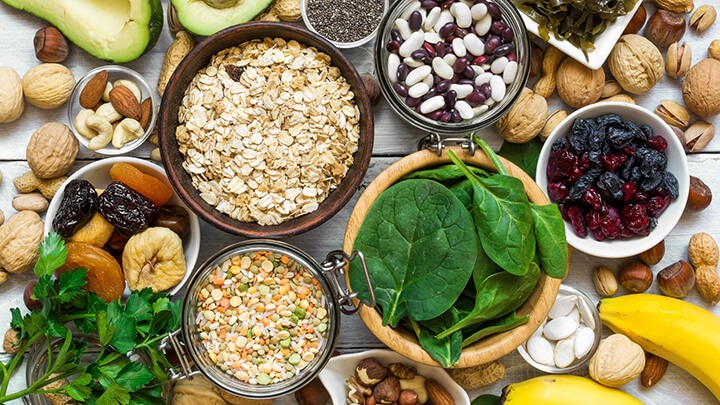Hippocrates, the father of medicine, once made the far-reaching observation “that all disease begins in the gut.” Although he may not have been entirely accurate, we now know that he was pretty damn close…especially considering that it was over 2000 years ago.
Leading edge medical research is rediscovering just how critical the health of the digestive tract is to both your physical and emotional well-being. Indeed, scientific studies show that intestinal health impacts your immune function, your metabolism, and even your psychological states. If you want to flourish physically and emotionally, then tending to the microorganisms that live in your GI tract is a very good place to start.
The Intestinal Rainforest
You may not realize it but you a have a garden–better yet, a virtual rainforest–of microorganisms growing in your digestive system. There are more than a trillion microbes (bacteria, viruses, yeasts etc) along for the ride in your gut. The majority of these microorganisms are the friendly variety…totally harmless. In fact, they perform vital functions such as:
- Helping you digest food.
- They stimulate the immune system by making natural antibiotics.
- And they produce nutrients like vitamin B12.
Without these helpful bacterial flora, people are more susceptible to allergies, skin disorders, obesity, and bowel irregularity. Of course, there are potentially dangerous microorganisms living in your gut, too. These pathogenic bacteria can produce endotoxins that can get into the bloodstream, which can lead to chronic inflammation because your immune system recognizes these endotoxins as foreign invaders.
Systemic chronic inflammation, incidentally, has been linked to a wide rage of diseases including type 2 diabetes, atherosclerosis, Alzheimer’s, and depression. So, the health of the GI tract–and the balance of your intestinal flora–is super critical to your health. Naturally, most people want to know:
- How did all those bacteria get there in the first place?
- How can I maintain a healthy balance when it comes to my intestinal flora?
Let’s start at the beginning. Inside the womb…the GI tract of the baby is sterile. No bacteria at all. Not a single one. It’s only when a newborn travels through mom’s birth canal that they first encounter microorganisms, some of which wind up in baby’s mouth and eventually make their way into baby’s gut. As babies grow, they put all sorts of (sometimes disgusting) things in their mouths and the microbial ecosystem grows.
This kind of exposure is normal, natural and beneficial because it helps the baby develop immunity. Studies show that children who lack this early exposure (because they were delivered by cesarean section) are at greater risk for asthma, allergies, and obesity later in life.
Nurturing the Good Bacteria
The sheer diversity of your microbial flora is what helps you develop a more versatile and resilient immunity. Of course, another factor keeping you healthy involves dietary habits that nurture the friendly bacteria and discourage the growth of the pathogenic bacteria.
As you might expect, the friendly bacteria thrive when you are eating lots of fruits, veggies, and whole, plant-based foods. On the other hand, the unhealthy bacteria get a boost when you feed them lots of sugar and processed foods.
Microbes in the Gut Linked to Emotional Wellness
There’s a lot of intriguing and persuasive evidence that the state of the GI tract (which depends on the balance of the intestinal flora) is inextricably linked to emotional health as well. A new study found that gut microbiota influences brain regions that are associated with mood and emotions.
As the researchers at UCLA put it, “This may be the first time that behavioral and neurobiological differences associated with microbial composition in healthy humans have been identified.”
These are exciting findings with potentially big implications for how physicians treat anxiety, depression and other psychiatric illnesses. Conventional physicians rely heavily on the use of pharmaceuticals like selective serotonin reuptake inhibitors (SSRIs) to treat mental illness and this may represent a whole new direction.
Psychiatrists have long believed that low serotonin levels are a factor in depression. But given the fact that this neurotransmitter is manufactured in the gut, wouldn’t it make more sense to focus on addressing what is the root cause of inadequate serotonin in the first place, which may indeed be caused by an imbalance in the intestinal flora?
The researchers at UCLA found a clear link between the composition of gut bacteria and emotional states. For instance, women with bad bacteria profiles were more prone to anxiety, irritability, and distress than women with healthy bacteria profiles. Indeed, bacterial profiles were even correlated with physiological differences in the cerebral cortex as measured by MRI scans.
Whether it’s poor diet, overuse of antibiotics, toxin exposures, and even excessive stress… there are many forces in the modern world that can adversely affect the balance of microorganisms in your GI tract. I hope that I’ve helped you understand that the care and feeding of the ecosystem in your intestine is important for your body and your mind.
Take good care,
Dr. Joshua Levitt









